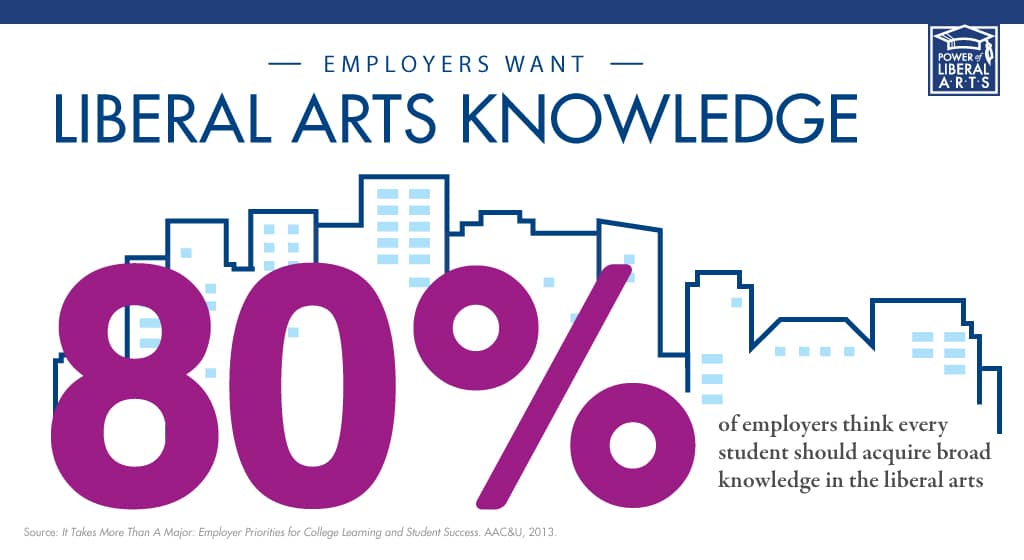|
The Next Big Thing?
It strikes me that the world of gadgetry and electronics is not as controllable and customizable as it should be and easily could be. I love things that are adjustable and adaptable. Like my desk chair and my belt.
As a Windows user, my computer has not learned that I never use the file sorts “genre” or “ratings” but always want to know “date” and “file size.” Every time I plug a new USB hard drive into my computer, it thinks it is full of music when it never is. The operating system does not give me effective tools to control my user experience. The system does not learn from experience, and it does not give me the power to make my own settings. I could give many examples of this.
I understand that Apple is much better; this would not surprise me given the company’s emphasis on the user experience.
Nevertheless, I do have some control over my computer: I can arrange my desktop icons any way I want, I can make a multitude of settings within Microsoft Word, etc. When I use advanced music creation and synthesis software, especially that created by the Scandinavians and Germans, I can pick any of a wide range of “skins” that change the appearance of my user interface. Of course some games like Sim City are all about building your own world.
This level of user control and customization is not impossible, and in many cases not difficult to achieve.
In this context, it seems almost medieval to me how little control we have over our television lives. Even at a low, “Microsoft Windows” level of power, I should be able to drag and drop TV shows into folders, cut and paste them, clip out my favorite parts, create my own “play lists,” etc. While TIVO and DVRs provide limited capability, they lag well behind what I can do with my photos and videos on my own computer.
I am an avid student of the history of technology. Few technologies have had as pervasive and deep an impact on our society as television, and the closely related fields of film and radio. Television has changed our daily patterns, our conversations, our attention span, our calibration of celebrity, our love lives, how we advertise, and many other aspects of culture. Television has continually evolved, from black and white to color, from wireless to wired, from 3 channels to thousands, from broad audiences to niche audiences. It is, for better or worse, a powerful thing.
So when I combine the enormous role of TV in our lives to the backwardness of the technology and our ability to control and customize it, I have to believe that, sooner or later, a dam will burst and we will seemingly suddenly have greatly expanded power over it.
I cannot imagine all the implications of this.
Think of it this way. You are standing in a bookstore around 1990. You buy books as you always have, by searching the shelves and talking to the store staff. You also have the options of the book of the month club force-feeding you books, and the library. You go home and get on your $3000 PC with a 10 megabyte hard drive and a little bit of RAM and go “online” to CompuServe to get information via green text on a black screen (no color, no pictures).
In that context, could you have envisioned the Amazon of 20 years later? The Amazon of millions of books delivered overnight at lower prices with point and click? The ability to view the covers and table of contents of all those books, in full color?
The Amazon story above would be equally dramatic if we think about the differences between how we made and now make airline reservations or do stock trades.
The freeing of television from its bonds may well have implications as great or greater than what we have witnessed in the transition of the ways we can shop. YouTube will leap off the laptop into the living room in ways unimagined. The computer meets the TV meets the movie screen meets the smartphone.
Google TV is launching later this year, in conjunction with Best Buy, Sony, and others. I am sure most or all of the big players in these “spaces” are working away on their own ideas. If it is like most technologies, startups which do not yet exist are likely to be the real game-changers. Progress will be in fits and starts. Some initial attempts will fall on their face (remember the original PDA, Apple’s disastrous Newton?). In some ways it will take longer to take place than you’d expect, but some things at some times will move faster than you could dream. And of course there will be a gradual adoption curve, as people have to buy new software, new services, and new gadgets, possibly even new TVs.
I believe this change will almost certainly be far more important over the next 20 years than, say, the recent development of flat screen televisions or the development of home 3D, although all these compound each other. And I believe that, as always, “content will be king.” Creating material worth watching remains the greatest challenge of all. High quality high definition inexpensive video cameras may mean that “everyone” can make movies, but they don’t help people make good movies unless those people have the requisite training, talent, and editorial/filtering skills.
In all this, where are the opportunities for you or your enterprise to be ahead of the curve, to be thinking about what’s next, about what’s around the corner? Can you envision the future?
|












